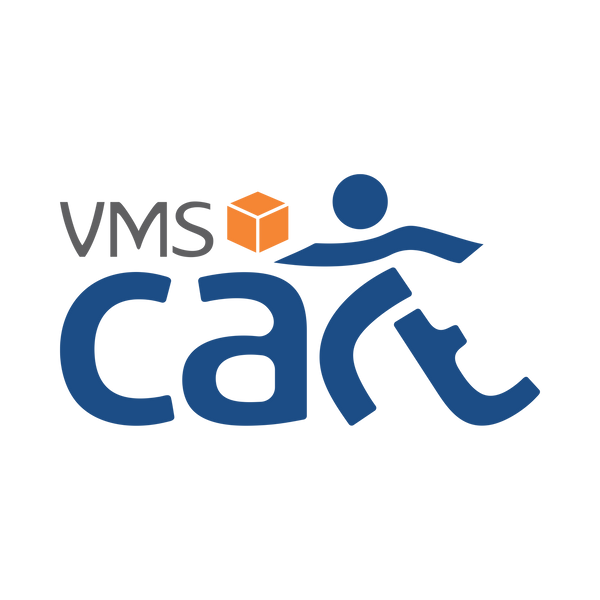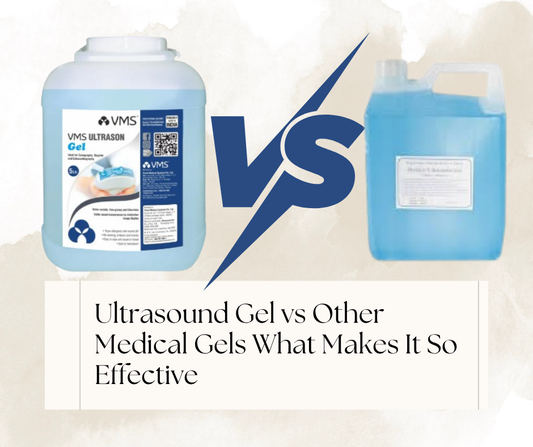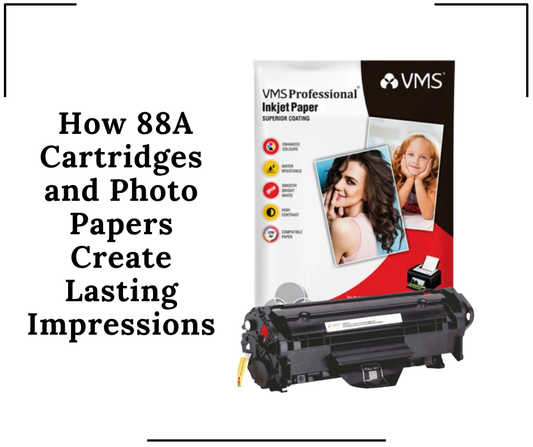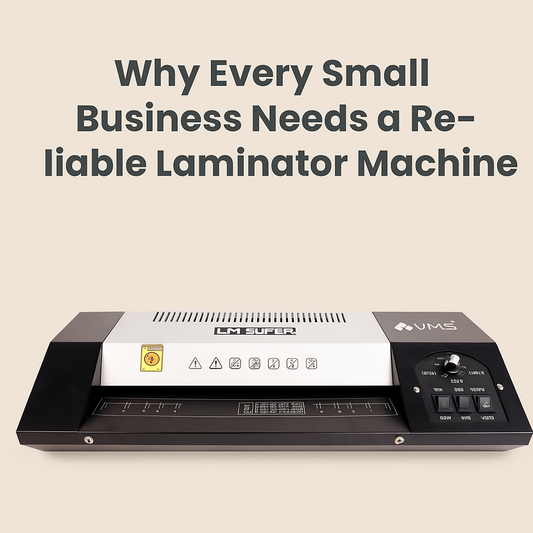In the fast-paced and demanding world of healthcare, accuracy, efficiency, and security are critical. With countless patients visiting hospitals, clinics, and medical facilities daily, managing identification and records can quickly become a complex challenge. This is where PVC cards emerge as a game-changer.
Gone are the days of paper-based records and flimsy ID solutions. PVC cards provide a robust, professional, and efficient method for patient identification and record management, transforming how healthcare facilities operate.
This blog explores the impact of PVC cards in healthcare, their innovative applications, and why they’re becoming a must-have for modern medical facilities.
Why PVC Cards Are Perfect for Healthcare
1. Durability and Longevity
Healthcare environments are fast-paced, and ID cards often face wear and tear from constant use. PVC cards are highly durable, resistant to bending, scratching, and fading, ensuring they remain functional for extended periods.
2. Advanced Customization Options
PVC cards can be tailored to include critical information such as:
- Patient name and photo.
- Unique ID numbers.
- Medical history or allergy warnings.
- Barcodes or RFID chips for record access and tracking.
These features make PVC cards highly versatile for diverse healthcare needs.
3. Enhanced Security Features
Data privacy is non-negotiable in healthcare. PVC cards can be embedded with advanced security measures such as magnetic strips, RFID technology, and holograms to safeguard sensitive patient data and prevent unauthorized access.
4. Professional Appearance
Unlike paper or laminated alternatives, PVC cards offer a sleek and professional look that aligns with the high standards of the healthcare industry.
Applications of PVC Cards in Healthcare
1. Patient ID Cards
A robust patient identification system is essential for seamless operations in any healthcare facility. PVC ID cards provide:
- Quick identification for streamlined check-ins.
- Enhanced safety, reducing the risk of mix-ups during treatments or medication administration.
- Easy integration with electronic health record (EHR) systems via barcodes or chips.
Real-World Example: A leading hospital in Europe implemented PVC patient ID cards with embedded RFID chips, reducing patient wait times by 30% and eliminating misidentifications.
2. Staff and Visitor Badges
In large medical facilities, managing access for staff, contractors, and visitors is crucial for maintaining security. PVC cards serve as durable access badges, complete with:
- Photo IDs for easy recognition.
- RFID or magnetic strips to control entry to restricted areas like ICUs or laboratories.
- Temporary cards for short-term visitors.
By using PVC cards for access management, healthcare facilities can maintain security without hindering daily operations.
3. Insurance and Membership Cards
For patients covered by healthcare insurance or part of loyalty programs at private clinics, PVC cards serve as durable, portable proof of membership. These cards can include:
- Policy numbers and coverage details.
- QR codes for easy claims processing.
- Aesthetic branding to enhance patient experience.
4. Medical Alert Cards
Patients with chronic conditions, allergies, or special medical needs can benefit significantly from customized PVC medical alert cards. These cards:
- Display life-saving information at a glance.
- Are compact and portable, fitting easily into wallets or purses.
- Serve as quick references for emergency responders.
Innovative Features of PVC Cards in Record Management
1. RFID Integration for Automated Tracking
PVC cards embedded with RFID chips streamline record access by automating patient tracking and document retrieval. For example:
- Scanning a patient’s card instantly pulls up their medical history on a system, saving time during consultations.
- Real-time tracking of patient movement within the facility improves efficiency.
2. QR Codes for Instant Information Access
QR codes printed on PVC cards can provide immediate access to a patient’s essential medical information or insurance details when scanned. This is particularly useful during emergencies or for mobile healthcare units.
3. Eco-Friendly Solutions
Healthcare facilities adopting sustainable practices can opt for eco-friendly PVC cards made from recycled materials, combining functionality with environmental responsibility.
Benefits of Using PVC Cards for Healthcare Facilities
1. Improved Operational Efficiency
From faster check-ins to streamlined data access, PVC cards reduce administrative overhead and enhance workflow efficiency.
2. Enhanced Patient Safety
Accurate identification minimizes the risks of treatment errors, misdiagnoses, and incorrect medication.
3. Cost-Effectiveness
Though PVC cards have a higher upfront cost compared to traditional IDs, their durability and versatility result in significant long-term savings.
4. Scalability
Whether it’s a small clinic or a large hospital chain, PVC card solutions can scale to meet the facility’s needs, accommodating thousands of patients and staff seamlessly.
How to Choose the Right PVC Card System
1. Assess Your Needs
Determine whether you require simple patient ID cards, RFID-enabled access badges, or multi-functional cards for integrated record management.
2. Partner with a Reliable Supplier
Work with a trusted vendor offering high-quality cards, competitive pricing, and advanced customization options.
3. Ensure Compatibility
Choose PVC cards compatible with your existing systems, such as EHR software, RFID readers, or barcode scanners.
The Future of PVC Cards in Healthcare
The future of PVC cards in healthcare lies in their integration with advanced technologies like blockchain for secure data sharing, IoT for real-time tracking, and AI for predictive analytics. As the healthcare industry continues to evolve, PVC cards will remain an indispensable tool, bridging the gap between traditional identification methods and cutting-edge digital solutions.
Conclusion
PVC cards are revolutionizing patient ID and record management, offering a durable, secure, and versatile solution for healthcare facilities. From improving efficiency and safety to enhancing patient experience, these cards are transforming the way hospitals and clinics operate.
Whether you’re managing a small clinic or a multi-facility healthcare network, investing in PVC card systems is a step toward modern, streamlined operations that prioritize accuracy and care.



